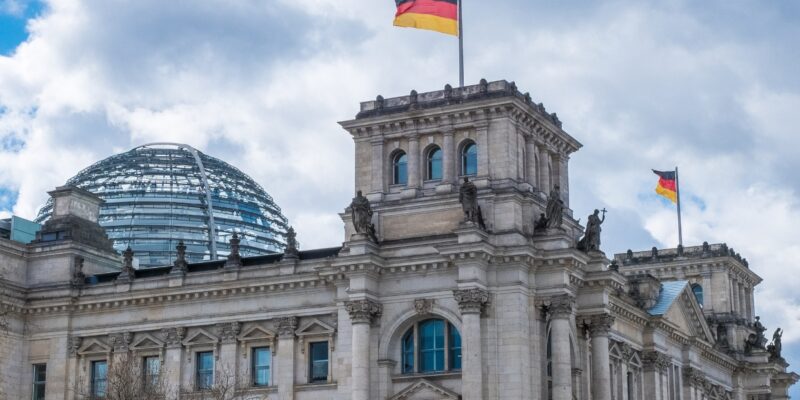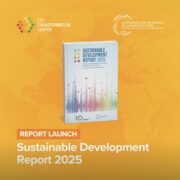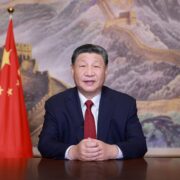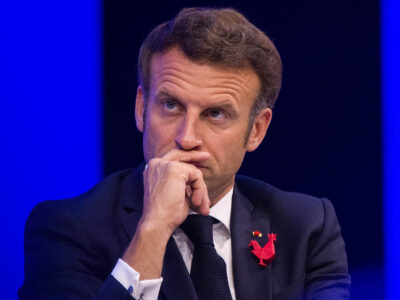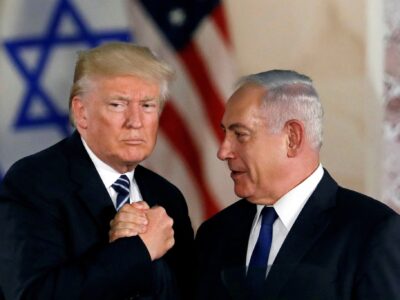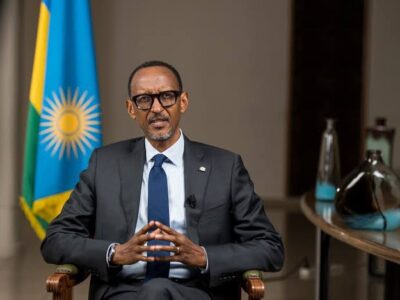As Germany gears up for its pivotal federal election on February 23rd, concerns surrounding the integrity of the electoral process have taken center stage. A staggering 88% of Germans express apprehension about AI-driven manipulation, particularly in the form of disinformation spread via social media and sophisticated deep fakes. With authorities on high alert, foreign interference most notably from Russia remains a significant worry as the electorate approaches the polls.
The upcoming election is not merely a routine event; it marks the end of an era, with Chancellor Angela Merkel stepping down after an unprecedented 16-year tenure. As the nation prepares to select a new leader, the election campaign has been marred by a deluge of online disinformation. Alarming rumors have emerged, including tales of a pre-election state of emergency, police escorts for toddlers, and forged ballot papers, all designed to mislead German voters.
The importance of the election is underscored by the extensive framework in place to ensure a fair process. Voters will cast two votes one for a constituency candidate and another for a party list. A 5% threshold has been instituted for parties to secure representation in the Bundestag, which comprises 630 seats. Eligible voters, over 59.2 million in number, will select from 4,506 candidates across 29 political parties. To facilitate this substantial undertaking, approximately 675,000 poll workers will assist in the electoral process.
Amidst these growing concerns, Germany’s President has issued a rallying call for a campaign grounded in “respect and decency.” He urged voters to strengthen and safeguard democracy by actively participating in the upcoming election.
Adding an intriguing twist to the political landscape, Elon Musk stirred controversy with his recent endorsement of the far-right Alternative for Germany party (AfD) in an opinion piece published by the Welt am Sonntag newspaper, just weeks before the election. This move has raised eyebrows and further complicated the political discourse as citizens weigh their choices.
As Germany approaches this defining moment, the emphasis on electoral integrity has never been more pronounced.
With calls for vigilance against external manipulation, the message to voters is clear: Their participation is crucial in shaping the future of German democracy. As the nation prepares to receive their votes, the world watches closely.


